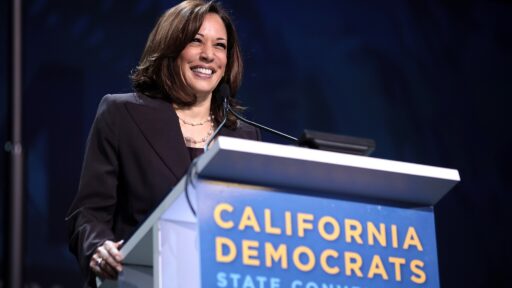Democrats Attempt To Pin Inflation On Who?
Two Democratic lawmakers recently directed criticism toward major food and beverage companies, accusing them of exploiting consumers through “shrinkflation”—the tactic of reducing product sizes while maintaining or increasing prices—and alleged tax avoidance. Sen. Elizabeth Warren (D-Mass.) and Rep. Madeleine Dean (D-Pa.) sent letters to the CEOs of Coca-Cola, PepsiCo, and General Mills, urging them to halt these practices.
Their letters, which gained attention in the media, assert that reducing product size to increase profit margins is not a form of innovation but rather a manipulation of consumers. The lawmakers highlighted a troubling trend where corporate profits have been a significant factor driving inflation, with a recent study indicating that such practices are widespread across various industries.
Warren and Dean cited a report from the Institute for Taxation and Economic Policy that revealed notable discrepancies in corporate tax contributions. For instance, from 2018 to 2022, Coca-Cola earned $13.4 billion yet paid an effective tax rate of just 13.5 percent, while PepsiCo and General Mills reported similarly low tax rates of 15 percent and 14.8 percent, respectively. The lawmakers argued that it’s unacceptable for corporations to benefit from lower tax rates than everyday working Americans, especially when they simultaneously raise prices through shrinkflation.
Specific examples were highlighted, including General Mills reducing its family-sized Cocoa Puffs box from 19.3 ounces to 18.1 ounces without adjusting the price, and PepsiCo replacing its 32-ounce Gatorade bottles with 28-ounce bottles at the same cost. Furthermore, Coca-Cola reportedly informed shareholders that it believed it was justified in raising prices due to its market dominance.
As Republicans, it’s essential to recognize the implications of these practices. We must advocate for transparency and fair competition in the marketplace. Consumers deserve honest pricing and product sizes, and it is vital to support policies that promote genuine corporate responsibility rather than exploitative strategies. Let’s champion free market principles while ensuring corporations pay their fair share, thereby protecting both consumers and the integrity of our economy.







